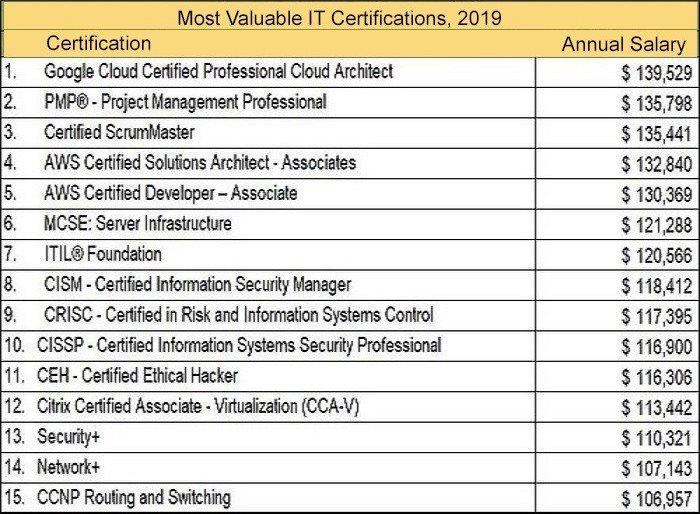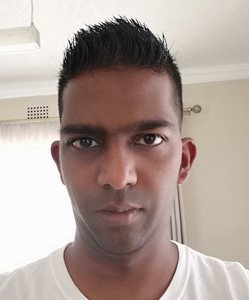
Top stories






More news

ESG & Sustainability
#AGES2026: How to back Africa's next-gen green and blue entrepreneurs

















Logistics & Transport
#Budget2026: Road freight logistics and what it means for consumers


The AWS architecture course was extremely interesting, I found myself enjoying going through it and learning the concepts. Although the material focuses on AWS services, I feel it gives you great insights into architecture in general, it is also interesting to see how they solve age-old problems such as database scalability.
The study plan is in context of my background and should be customised based on your background. I have 15 years of experience in IT which includes roles as a developer, architect and technical manager.
I also completed the practitioner certification a few months before which helped with an introduction to all sections.
I have used AWS very little practice and do not have work experience with it. This makes it slightly more difficult, but I believe that it’s still possible to pass the certification without it.
Pre-focused study
I started going through AWS material whenever I could, this included small slots of time, on the plane etc. This approach does not work, you don’t quite get to understand the concepts. I went through most parts of the Ryan Kroonenberg architecture course in this fashion and did not learn a whole lot. This did, however, provide an introduction to the material which made the rest of the journey easier.
In my view, focused time is the best way to study for any exam, I took time off work, booked the exam and gave myself five focused days to get ready. This is a lot of pressure but sometimes its best to push hard over a short period of time and get it done.
Here is the study plan that I used over the five days, I got 87% in the end.
While below is the plan I actually executed, yours will need to be customised based on where you are each day. It helps to plan at the start of each day and check off items that have been done.
Day 1

I went through the AWS architecture exam readiness course on the AWS site. While this course is intended to be something you go through right before the exam, I found it very effective to go through this early on.
It gave me an excellent overview of what to expect in terms of content, it also had sample questions and approaches to answering questions.
Some of the key tips on questions is to read the question very carefully and look for keywords, when going through the answers, always ensure that you know why the ones you don’t go with are incorrect.
Make notes of everything that you feel is important. It is only two hours, so this course is definitely worth the time. I then started going through online reading to get an overview of everything largely using https://tutorialsdojo.com.
Day 2
I used https://tutorialsdojo.com and Digital cloud reading through their material. I then took a Jon Bonso practice exam on Udemy which was pretty good but possibly a little more complex than the actual exam.
My initial score was extremely low which was a scare considering I thought I had covered most of the material. This made me realise that the resources I had been using so far were not nearly enough.
I then went back to Udemy and searched for the highest rated course, it was by Stephane Maarek, after watching the intro video I was immediately impressed. I started going through these being as focused as possible.
For the next two days, I went through this course starting with the sections that I knew I was weak at or that were important leaving the easier/less important sections for the end.
Due to the amount of time I had left, there was a possibility that I would not be able to get through the 17 hours of video content. The course itself was absolutely brilliant, I mostly understood the concepts by going through each video just once. I used screenshots and made notes in a Word document to summarise certain sections and to highlight sections that I needed to research a bit further.
I read further on the sections I did not completely understand on Google or the AWS site or Tutorials Dojo. At the end of each night, I did a practice test. This was a good checkpoint, I started to get close to passing scores only at the end of night three but was still not getting high scores.
The practise tests come with very detailed explanations so it’s a good way to understand where you’re going wrong and to highlight sections that need more focus. In the end, I only got through 3 practice tests, I suggest going through all 6 if possible.
Day 5
I started by going through the official AWS practice test. It has fewer questions than the actual exam, but I believe that this is the best way to check whether your preparation is in line with the actual exams.
I got 90% for this and it was a massive confidence boost. I felt it was easier than the actual exam but gave me a good idea of the content and look and feel of the actual exam.
For the rest of the day, I went through notes that I had created over the previous days, did more practice exams and re-watched the VPC section as well as a few others that I was not yet comfortable with.
My thoughts on other material
A lot of articles online suggest going through white papers and FAQs on the AWS site. These are okay to go through if you have enough time, but you can pass the exam without it. The Well-Architected Framework is very important, but the training material covers this, and the 80-page white paper is a difficult read which might just make you feel stuck.
The FAQs are useful only when there is a service or concept that you are struggling with. I suggest a combination of Googling the problem areas and going through the AWS site. I did find the best practices white paper very interesting so it’s a good idea to go through this one if you have the time. If you went through it before doing cloud practitioner there is no need to read it again.
The exam itself I feel is quite difficult, it does make you think a lot and there are not many straight forward theoretical questions. They are scenario-based and test that you have a clear understanding of the concepts.
Some sections are clearly more important than others on the exam: